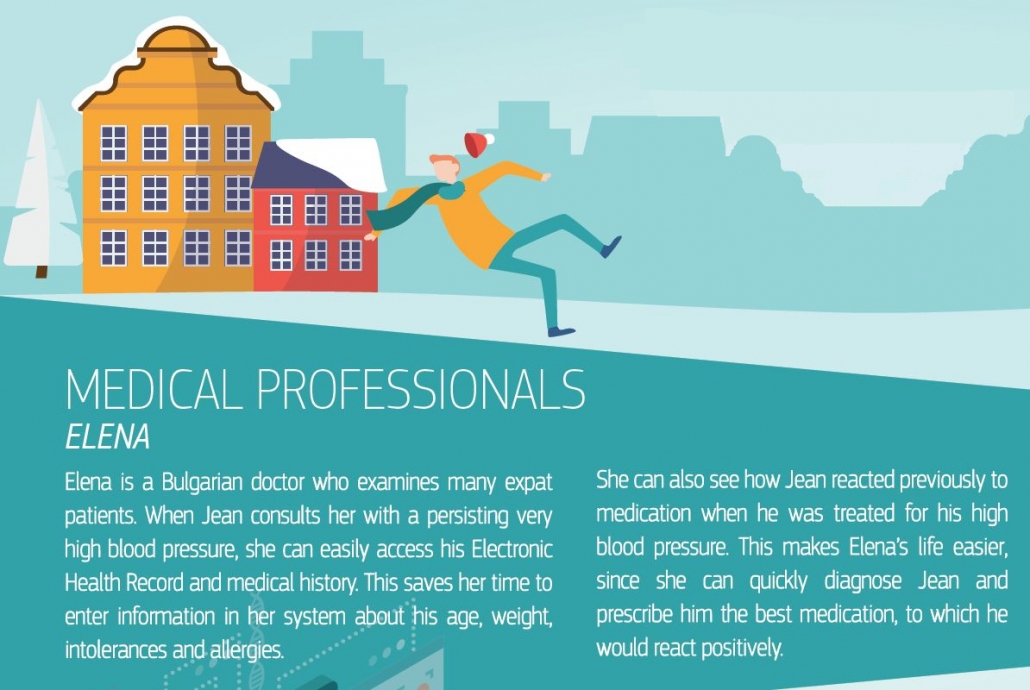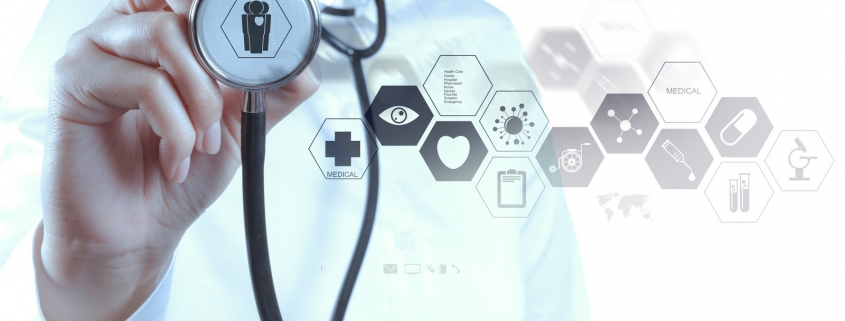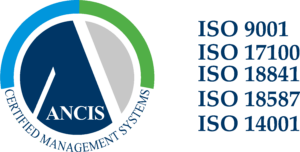Sharing European health data: the pros and cons
A European electronic system for managing EU citizens’ health data: this is the initiative launched by the European Commission in the last few days. The recommendation of 6 February contains the guidelines for building a filing system which will allow EU citizens to travel within the European Union and have access to their health information, at any time, and from any facility.
Currently, European citizens’ access to electronic clinical documentation within the EU varies considerably from one EU member state to another. The exchange agreements are in fact limited to the preferences of individual Member States. For example, as of 21 January 2019 Finnish citizens are able to purchase medicines in Estonia with an electronic prescription and doctors in Luxembourg will soon be able to access the health profiles of Czech patients.
The European Commission’s aim is not only to extend the data access network to include all EU Member States, but also to determine the sort of health data that should be accessible.
CLINICAL RECORDS AND DIAGNOSES
The infographic published by the European Commission considers some of the concrete incentives for the integrated access to health data.

Imagine a French tourist who has been in an accident in a square in Berlin. Once he has made it to the hospital, the doctors will have direct access to his medical history, intolerance to certain anaesthetic medicines or allergies to medical materials. As such, medical professionals will have access to all the information necessary to safeguard the patient’s health.
The same can be said for the examination of laboratory analyses, hospital discharge letters and diagnostic imaging and reports.
In addition to Finland, Estonia, Luxembourg and the Czech Republic, by the end of 2021 a further 18 countries should start the process of sharing health profiles and electronic prescription services.
With the support of the Connecting Europe Facility (CEF) telecommunications programme, numerous Member States are already working on the digital e-health services infrastructure within the online healthcare network.
COMMUNICATION AND TRANSLATION OF HEALTH DATA
Conceived by the European Commission, this initiative could represent an important step forward for citizens in terms of health protection policies, despite the various complexities which are still under development. Considering the initiative from the point of view of translation agencies such as Intrawelt, a consolidated partner of the European Commission for translation projects, the main question concerns the management of health data in the various language combinations of the different countries involved.

Given that the medical records relate to citizens from all EU Member States, they will be written in the language of the country where the citizen underwent treatment or analysis. The challenge of aligning the reports, analyses and all medical documentation with the languages of all other EU countries will require an editing strategy that can guarantee fast and efficient translations in all the various language combinations. As translations which involve sensitive data for the health of citizens, medical and scientific translations require very high quality standards, as well as certified translators. These standards influence not only the service quality but also the procedures for safeguarding health data and information. We manage medical-scientific translation projects in compliance with the EU directives in EU Regulation no. 2016/679 (GDPR) on the processing of information and the safeguarding of infrastructures. We use software technologies to ensure encryption of data and the secure management and archiving of documentation.
ONE POSSIBLE SOLUTION
We have been collaborating with the European Commission for some time and we are certain that the best solutions will be identified in order to create a perfectly efficient and coordinated system. However, we’d like to use this article to offer one possible solution.
Using the various authoring tools available, texts of any nature (technical, scientific, financial, etc.) can be written in standardised form, working with a terminological memory which offers the writer the most effective term based on previous experiences with the editorial processes. Therefore a German doctor, for example, will be able to write a report following terminological suggestions that will make automatic translation of the text more effective when a French doctor accesses the report.
For more information on our content management and medical-scientific translation services, please contact us via the button below. In the meantime, we’ll follow the developments of the European initiative with interest.






